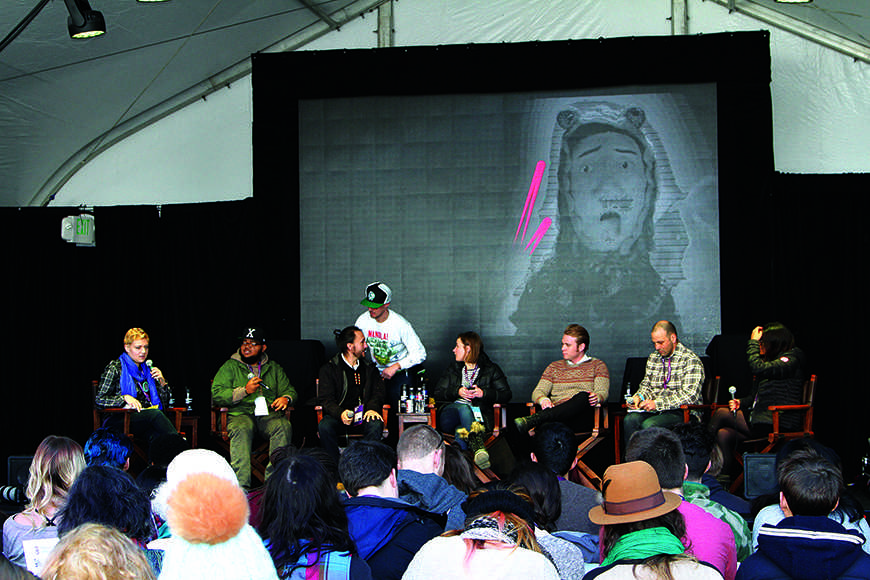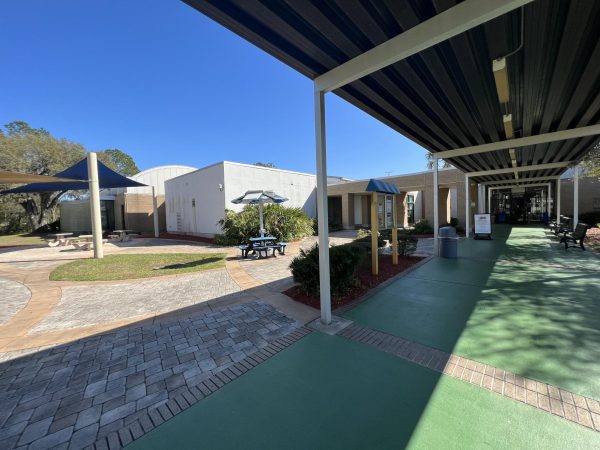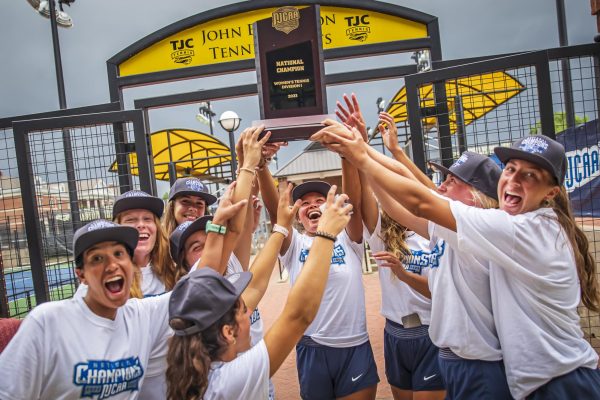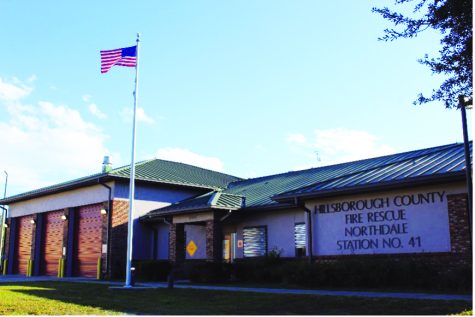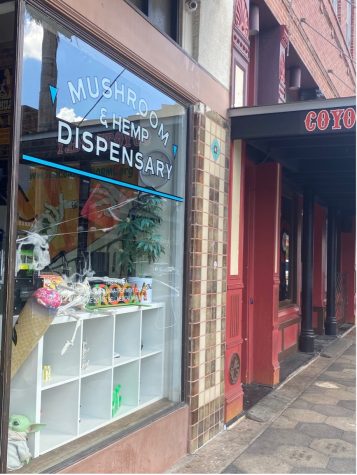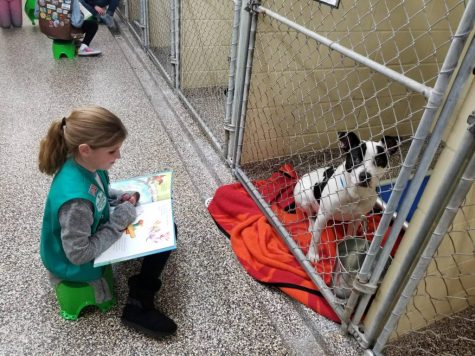The Industry flocks to Sundance
The panel which consisted of producers and directors spoke to the audience about succeeding in the film industry.
Hawk Media Club attended the Sundance Film Festival in Park City, Utah, Jan. 28-31. The first collective event for the students was the Meet the Industry Panel held for members of the Student Ignite Program.
The moderator, Rebecca Katz, led by asking questions directed at each of the panelists. Although she mainly asked the questions, she would also answer anything she felt necessary. One of her best pieces of advice was “being nice is very important.”
The panelists included Sundance shorts programmer Dilcia Barrera, Fox Searchlight Acquisitions member Sean Berney, and co-producers of the film “The Land” Stephen Love and Blake Pickens. Grace Royer of the Independent Film Group and UTA, as well as Ron Najor, producer of “Short Term 12” and “I Am Not a Hipster” were also part of the panel.
For about the first half, moderator Katz would feed the panel personal questions. She asked how they got into the industry, and the best advice they’d received.
Later, the floor was opened to Ignite students armed with questions about starting out.
The Sundance Film Festival started as a platform for independent filmmakers to get their viewed. Thus, conversations about the difference between independent and studio films were part of the panel conversations.
In short, indie producers have more ownership of the material, and can be very involved in the process. Studio movies need to reach a broad audience to get picked up, while independents don’t have that pressure.
The behind the scenes politics prove to be the largest difference between the two mediums. There were also two main types of independent movies discussed: microbudgeted films, and movies financed through contributors.
The microbudgeted films often work with the least amount of money possible to create a great product. This means using far-reaching connections, paying helping hands with food, and even using iPhones as cameras.
Although studio employee Sean Berney may have seemed out of place, several films at this festival have been picked up by major distributors.
Sundance is a great platform for the initial viewing of films, and the Institute works to help with future distribution.
“Operation Avalanche,” a faux-documentary thriller about faking the moon landing was signed by Lionsgate before they started production. This is just one example of distribution deals for filmmakers who attend and utilize the festival.
Films are what Sundance is mostly about, but the Institute works hard to include a great Shorts Program every year. Dilcia Barrera helps the program grow through press events like this one, which are aimed specifically at young filmmakers.
Nearly every member of the panel recommended starting a career in film by creating shorts. These are more feasible than attempting a feature-length film right off the bat.
Social media platforms like Instagram and Snapchat were recommended as hooks to grap attention from audiences and producers. Shorts were mainly talked about as springboards for future projects.
“Don’t worry about the size of the screen someone’s watching it on, as long as they’re watching it,” said Sean Berney when asked about online streaming via Netflix, Amazon and other outlets.
Producer Stephen Love summed up being a filmmaker perfectly in his comment, “You honestly just have to be a little crazy and stubborn about your dreams.”
As the first event that most students attended at the festival, they got quite a bit of helpful advice from an array of talented and knowledgeable individuals.
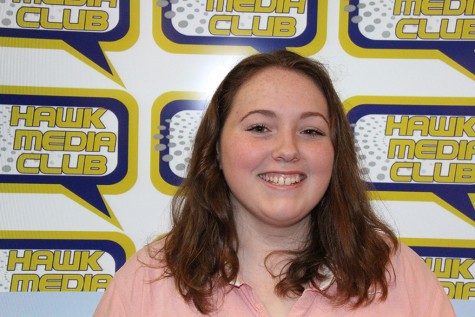
Emma Richardson is a Staff Writer for The Hawkeye
Emma Richardson is currently in her second semester in the Honors Institute at HCC. This is also her...

